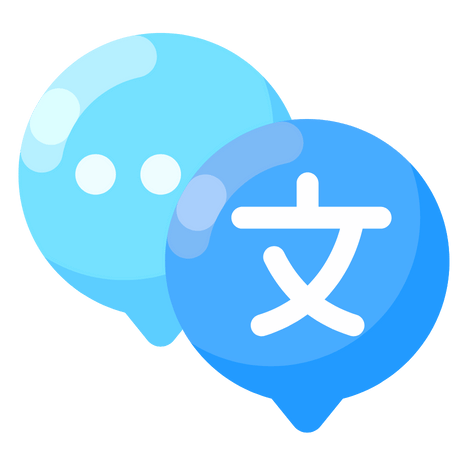Conference interpreters play a crucial role in international communication. This highly qualified professional overcomes language barriers at multilingual events, facilitating intercultural exchange. Let’s find out more about the essential skills and working environment of these experts in multilingual communication.
Key skills of a conference interpreter
Conference interpreters are distinguished by their exceptional command of languages. They generally have a mother tongue (A-language), one or more active languages (B-languages) in which they can express themselves with ease, and passive languages (C-languages) which they understand perfectly. This linguistic versatility is the foundation of their profession.
In addition to their linguistic skills, interpreters need to demonstrate a number of other qualities:
- Intense concentration: able to maintain attention for long periods of time
- Exceptional memory: to retain and faithfully reproduce what is said
- Reactivity: to translate in real time without significant time lag
- Broad general knowledge: to understand a wide range of subjects
- Stress management: to remain effective in high-pressure situations
Adaptability is also essential. Interpreters must be able to adjust quickly to different accents, speech styles and cultural contexts. Their excellent oral expression enables them to convey not only the meaning, but also the nuances and intent of the original speaker.
Interpreting techniques and working environment
Conference interpreters have mastered several interpreting techniques, each adapted to specific contexts:
- Simultaneous interpreting: performed in a booth, this requires extreme concentration.
- Consecutive interpreting: the interpreter takes notes and renders the speech in segments.
- Whispered interpreting: used for small groups, the interpreter whispers the translation.
These professionals work in a wide variety of prestigious environments. They work at international conferences, diplomatic summits, multinational corporate meetings and major media events. Their presence is indispensable within organizations such as the UN, the European Union and NATO.
Here’s an overview of the main employers of conference interpreters:
| Type of employer | Examples |
|---|---|
| International organizations | UN, UNESCO, WHO |
| Governmental institutions | Ministries of Foreign Affairs, European Parliament |
| Multinational companies | Industrial groups, consulting firms |
| Media | International news channels, news agencies |

Training and career prospects
Becoming a conference interpreter requires rigorous, specialized training. The typical course includes a Master’s degree in conference interpreting, i.e. a bac+5 level, from renowned schools such as ESIT in Paris or ISIT in Geneva. These courses combine theory and intensive practice to prepare future interpreters for the challenges of their profession.
The curriculum covers crucial aspects such as :
- Simultaneous and consecutive interpreting techniques
- Constant cultural and linguistic enrichment
- Stress management and mental preparation
- Professional ethics and deontology
Career prospects for conference interpreters are varied and stimulating. Some choose to work as salaried employees for international organizations, thus benefiting from job stability. Others opt for freelance status, offering greater flexibility and the chance to diversify their assignments.
The remuneration of a conference interpreter varies considerably according to experience, status and the nature of the assignment. Daily rates can range from 330€ for a beginner to 1000€ for a seasoned professional. Interpreters working for international institutions generally enjoy attractive salary conditions.
The future of conference interpreting
Conference interpreting is evolving with the times. Technological advances have led to the emergence of remote interpreting, offering new opportunities and challenges. This modality, accentuated by the COVID-19 pandemic, has demonstrated its relevance and should continue to develop.
Despite these developments, the human factor remains irreplaceable. Cultural sensitivity, understanding of nuances and instant adaptability are qualities that only a human interpreter can provide. The conference interpreter of the future will need to combine linguistic expertise with a mastery of technological tools.
Increasing multilingualism in a globalized world suggests a continuing need for qualified conference interpreters. These professionals will continue to play an essential role in facilitating international dialogue, whether in the diplomatic, economic or cultural spheres.
In short, conference interpreters embody linguistic excellence and intercultural communication. Their expertise, the fruit of demanding training and assiduous practice, remains an invaluable asset for the success of international exchanges in our interconnected world.
